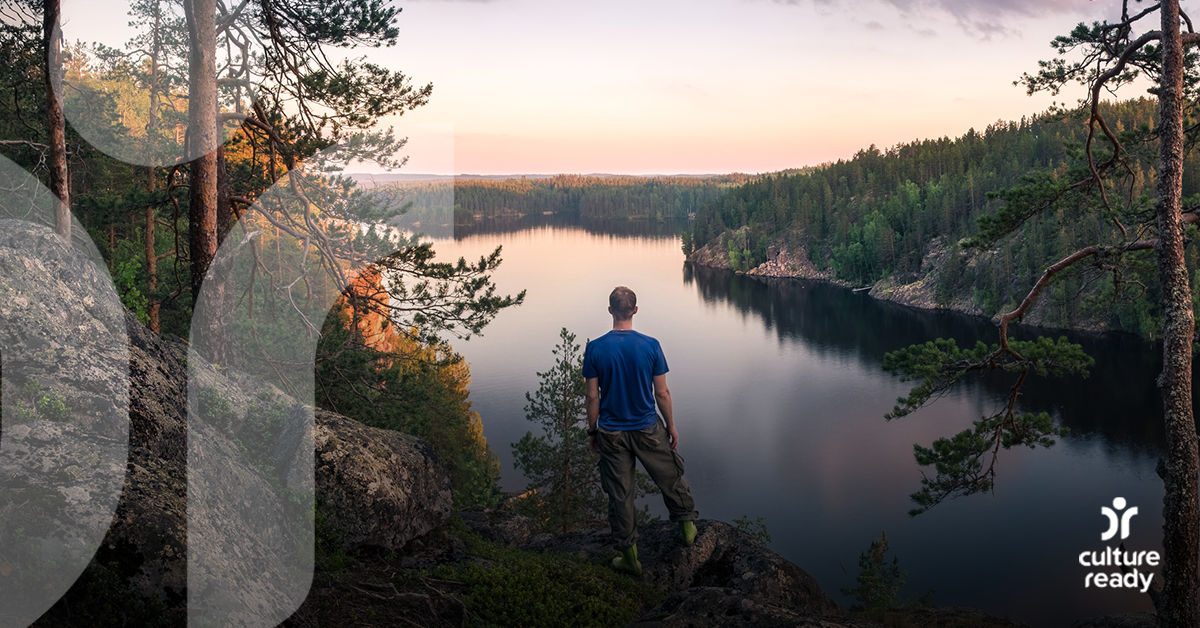Finland is the Happiest Country in the World
For the fourth year in a row, Finland has been named the happiest country in the world, scoring 7.84 points out of 10 in the World Happiness Report. But why?
Finlanders feel strong communal support and mutual trust. They feel they are free to make their own choices and have minimal suspicion of government corruption — all of which contribute to their society’s overall happiness, especially during the COVID-19 pandemic.
Iceland ranked second in the Happiness Report, followed by Denmark, Switzerland, and the Netherlands.
The report, produced by the , is an annual survey that ranks global happiness in countries around the world. Researchers analyze Gallup polling data from 149 countries for the past three years in six areas:
- Gross domestic product per capita
- Social support
- Healthy life expectancy
- Freedom to make your own life choices
- Generosity of the general population
- Perceptions of internal and external corruption levels
This year’s rankings also focused heavily on the relationship between well-being and the COVID-19 health crisis.
Iceland’s position as the second happiest country is largely due to its citizens having the highest feelings of social support of all the countries surveyed. The generosity of its people was another important factor that contributed to its ranking.
Though it was excluded from the 2021 report because Gallup didn’t conduct polling there during the required timeframe, the Asian nation of Bhutan received an honorable mention. The writers of the report lauded Bhutan, saying it “once again provided an inspiring example for the world about how to combine health and happiness.” Writers took special note of the way the country mobilized the entire population to avoid even one death from COVID-19.
The report also looked at the most unhappy countries. With a score of 2.53 Afghanistan was ranked the least happy nation — in part because of its low life expectancy and gross domestic product per capita.
